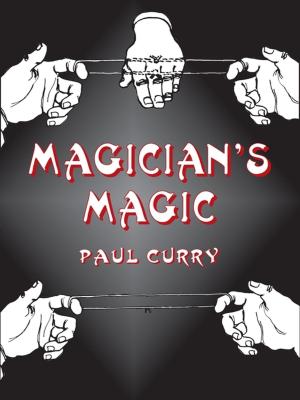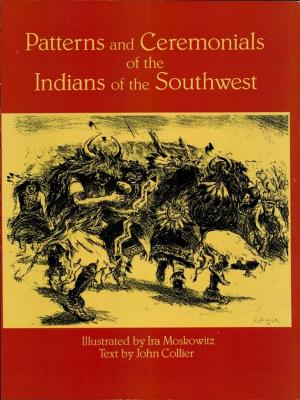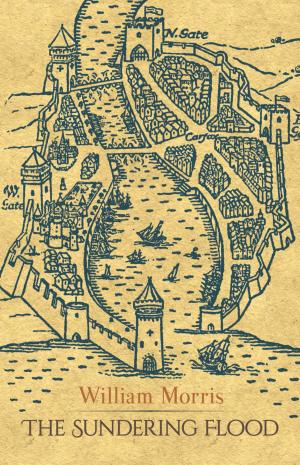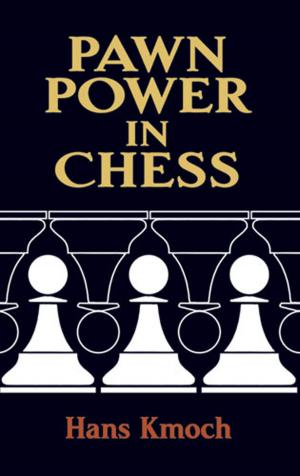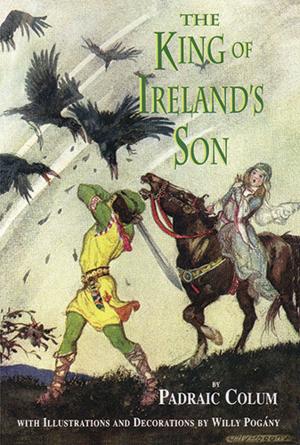The Battle of Gettysburg
A Soldier's First-Hand Account
Nonfiction, History, Americas, United States, Civil War Period (1850-1877), Military| Author: | Frank A., Col. Haskel | ISBN: | 9780486152370 |
| Publisher: | Dover Publications | Publication: | May 4, 2012 |
| Imprint: | Dover Publications | Language: | English |
| Author: | Frank A., Col. Haskel |
| ISBN: | 9780486152370 |
| Publisher: | Dover Publications |
| Publication: | May 4, 2012 |
| Imprint: | Dover Publications |
| Language: | English |
The bloody, three-day battle of Gettysburg in the summer of 1863 resulted in thousands of casualties on both sides. Considered the turning point of the Civil War, the campaign rallied the Union troops. A few weeks after the epic military confrontation, Colonel Frank Haskell, a member of the Army of the Potomac, wrote his brother in Wisconsin a highly moving account of what he had experienced. It was perhaps the longest, most poignant letter to a relative from a soldier in the Civil War. Some 45 years later, his comments appeared in book format; this volume is a reprint of that rare edition.
In this keenly observed narration, Haskell vividly describes each day's events and what they wrought: the wounded, the skirmishes, attacks and counterattacks, estimates of losses, marks of battle, and burial of the dead. Of the crests in Gettysburg known as Cemetery Ridge, he writes: "Men looked like giants there in the mist, and the guns of the frowning batteries so big, that it was a relief to know that they were our friends." On the second day of battle, he lost his horse "Billy" to a bullet that just missed Haskell's left leg. Mentally, he "begged [Billy's] pardon for spurring him." On the last day, he notes: "The Rebel guns make no reply to ours, no charging shout rings out to-day . . . the jostling, swaying lines on either side boil, and roar, and dash their flamy spray, two hostile billows of a fiery ocean. . . . The frequent dead and wounded lie where they stagger and fall . . . and none can be spared to care for them." He helped bury the dead that day and ended his letter on a note of hope, speaking of a future in which the Union would "repose in a securer peace and bloom in a higher civilization." Almost a year later — on June 3, 1864, at Cold Harbor, Virginia — Colonel Haskell was killed in action. He was 36 years old.
One of the war's best eyewitness accounts, this classic narrative, required reading for students of American history, will be treasured by Civil War buffs.
The bloody, three-day battle of Gettysburg in the summer of 1863 resulted in thousands of casualties on both sides. Considered the turning point of the Civil War, the campaign rallied the Union troops. A few weeks after the epic military confrontation, Colonel Frank Haskell, a member of the Army of the Potomac, wrote his brother in Wisconsin a highly moving account of what he had experienced. It was perhaps the longest, most poignant letter to a relative from a soldier in the Civil War. Some 45 years later, his comments appeared in book format; this volume is a reprint of that rare edition.
In this keenly observed narration, Haskell vividly describes each day's events and what they wrought: the wounded, the skirmishes, attacks and counterattacks, estimates of losses, marks of battle, and burial of the dead. Of the crests in Gettysburg known as Cemetery Ridge, he writes: "Men looked like giants there in the mist, and the guns of the frowning batteries so big, that it was a relief to know that they were our friends." On the second day of battle, he lost his horse "Billy" to a bullet that just missed Haskell's left leg. Mentally, he "begged [Billy's] pardon for spurring him." On the last day, he notes: "The Rebel guns make no reply to ours, no charging shout rings out to-day . . . the jostling, swaying lines on either side boil, and roar, and dash their flamy spray, two hostile billows of a fiery ocean. . . . The frequent dead and wounded lie where they stagger and fall . . . and none can be spared to care for them." He helped bury the dead that day and ended his letter on a note of hope, speaking of a future in which the Union would "repose in a securer peace and bloom in a higher civilization." Almost a year later — on June 3, 1864, at Cold Harbor, Virginia — Colonel Haskell was killed in action. He was 36 years old.
One of the war's best eyewitness accounts, this classic narrative, required reading for students of American history, will be treasured by Civil War buffs.

